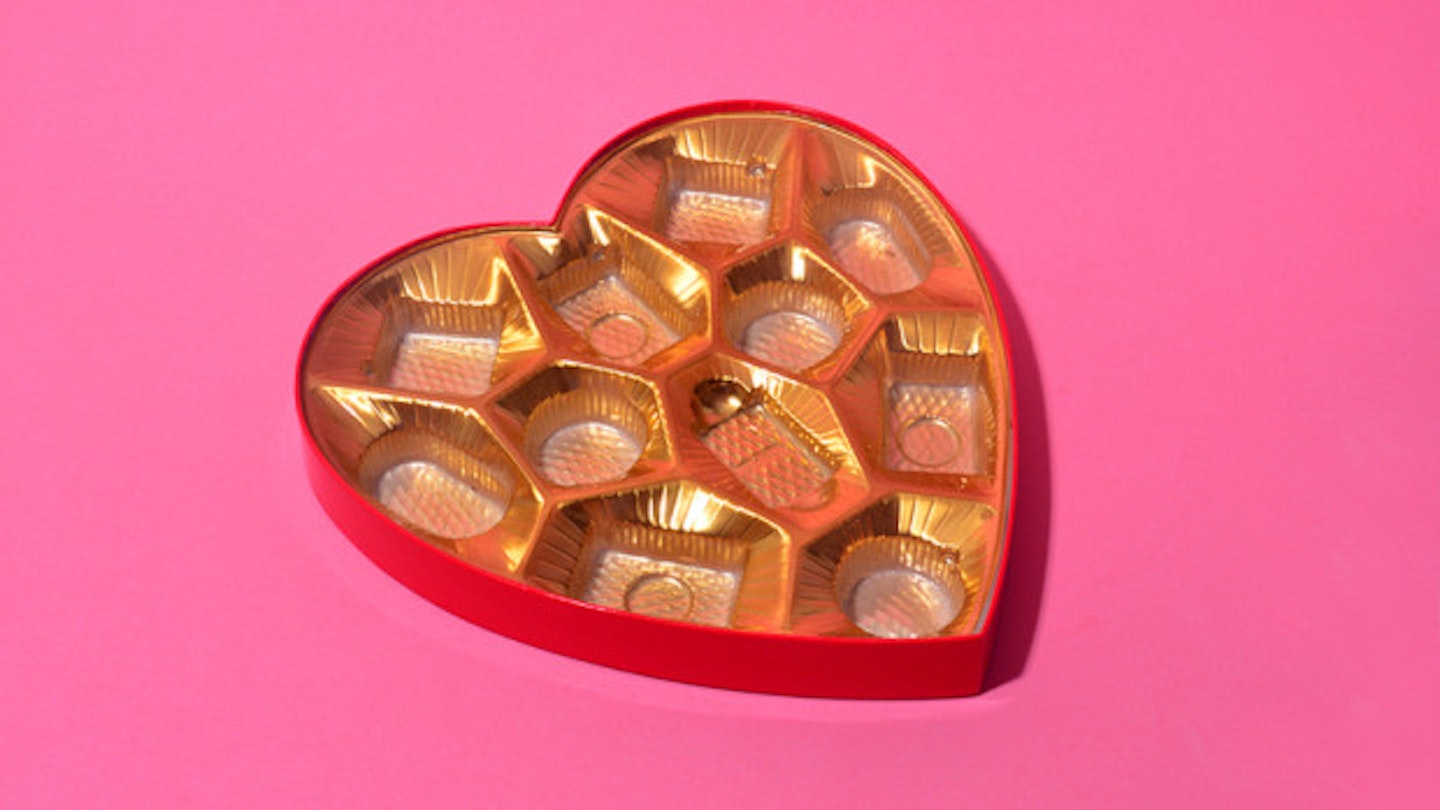‘BRITISH GIRLS HAVE BECOME THE FATTEST IN EUROPE’ is the first ever Times headline to make me feel like I am nine years old and about to burst into tears.
A study, reported to be the largest and most comprehensive one ever conducted concerning global weight problems, shows the UK has one of the fastest rises in obesity among the developed countries since 1980, and 29.2 per cent of British girls are obese or overweight. This comes after Public Health England has recommended that teachers take time to telephone the parents of overweight students and have a discussion about their health problems.
I am becoming increasingly and inappropriately hysterical imagining a teacher working their way through the register, pausing every so often to dial a new number and say, ‘Hello, I am calling to inform you that you have a fat child.’
I was a fat child, and when I was at school, I was never, ever allowed to forget it. Few activities allowed me to forget I was permanently banged up in lard prison. If I bent to pick up a dropped pencil, I did so to a less-than-melodic chorus of ‘HEY FATTY BUM BUM!’
I was convinced that my girth was what prevented me from getting the ‘good’ parts (Virgin Mary, angel, star, anything visibly feminine) in nativity plays, yet landed me with the role of ‘marrow’ in the harvest festival. And PE… well, if I was some kind of commercial torture consultant, I would advise captors to make their victims dress in sumo suits and then do the bleep test.
As a word, ‘fat’ is loaded with emotion. It’s very hard to read or hear it and think, ‘This makes me want to stop taking in more energy than my body actually requires to run itself.’ Instead, it fires up a mental Pinterest mechanism, filling my head with photos and phrases.
‘Fat is a feminist issue!’ my brain screams, and I can see gorgeous pictures of Lena Dunham and Adele, Mariah Carey sprawling sexily on a sofa; people in US infomercials pointing and laughing at their old and enormous trousers; Tina Fey telling people that she used to be fat and once left a restaurant mid-dessert to go to Dunkin’ Donuts; the man who shouted ‘fat lesbian!’ at me when he felt my arse on a train and I told him to go and fuck himself.
Fat is something we fetishise and fear. Fat is a word that has been given a dangerous amount of power. Fat is a label that can control us. As a fat schoolgirl, my body was part of my identity. Being chubby was my brand, a state I was stuck in, and no amount of gentle cajoling or aggressive bullying had the strength to shame me into doing anything about it, other than eating my feelings. If my teacher had phoned home to ‘break the news’ to my mum and dad, they would have probably responded by shaking their heads and sarcastically saying, ‘Yeah, film at 11!’
I knew food was probably the problem – and when schools banned junk food, it brought back memories of when I made my own sad sandwiches out of nothing but brown bread and soggy cucumbers, and would return from school starving, to eat Bourbon biscuits, in secret. Or the time I saw a school bully in town at the weekend and hid in a shopping centre toilet with my ice cream cone, because nothing invites comic cruelty like the sight of a fat girl eating.
Ultimately, fat made me anorexic. The label led me to discover an inspiring range of After School Special-style reading material – I’d hide in the library, school skirt stretched over my enormous thighs, cradling books with alluring titles like ‘The Girl Who Died In Order To Be Thin Enough To Do Ballet!’
Obviously,these books were supposed to act as a warning, but they made effective instruction manuals, and set the tone for a good decade’s worth of disordered eating. For me, the emotional resonance of the ‘f’ word meant that, to teenage me, actually dying to be thin made much more sense than being alive and overweight.
Eventually my periods stopped and I was hospitalised – not because of my sudden and dramatic weight loss, but because I fainted one fine, foodless day, rolled down a hill and got hit by a car.
I wish I could say that fixed my body issues, but more than 10 years later, I am discovering new ones every day.
I’ve learned to find happiness in sharing and enjoying food, to eat mindfully, to chew carefully, and to respect my body. Pinching my thighs in disgust is not respectful behaviour, and neither is pounding a pint of ice cream until I pass out with brain freeze. But I still had to retire to the toilets for a little cry the other day after spending two hours in the company of lean, leather-legginged fashion bloggers who wanted to share their tips on how to maintain their thigh gap. On a bad day I still find myself paralysed in M&S, staring at the sandwich I want and the salad I ‘ought’ to have.
My body was never really a prison. It’s my mind that has always been the trap. If teachers and government leaders want to address the genuine problem of obesity, they need to recognise that dietary choices aren’t simply ‘good and ‘bad’ – they’re emotionally loaded.
Our fat girls need support and hope. They need a system that allows them to explore and develop their physical and mental strength. They need to know that food will always make you too fat, or too thin, if you give it too much power. But they don’t need anyone to tell them what they already know about their own bodies.
Follow Daisy on Twitter @NotRollerGirl
Picture: Trey Wright
This article originally appeared on The Debrief.
